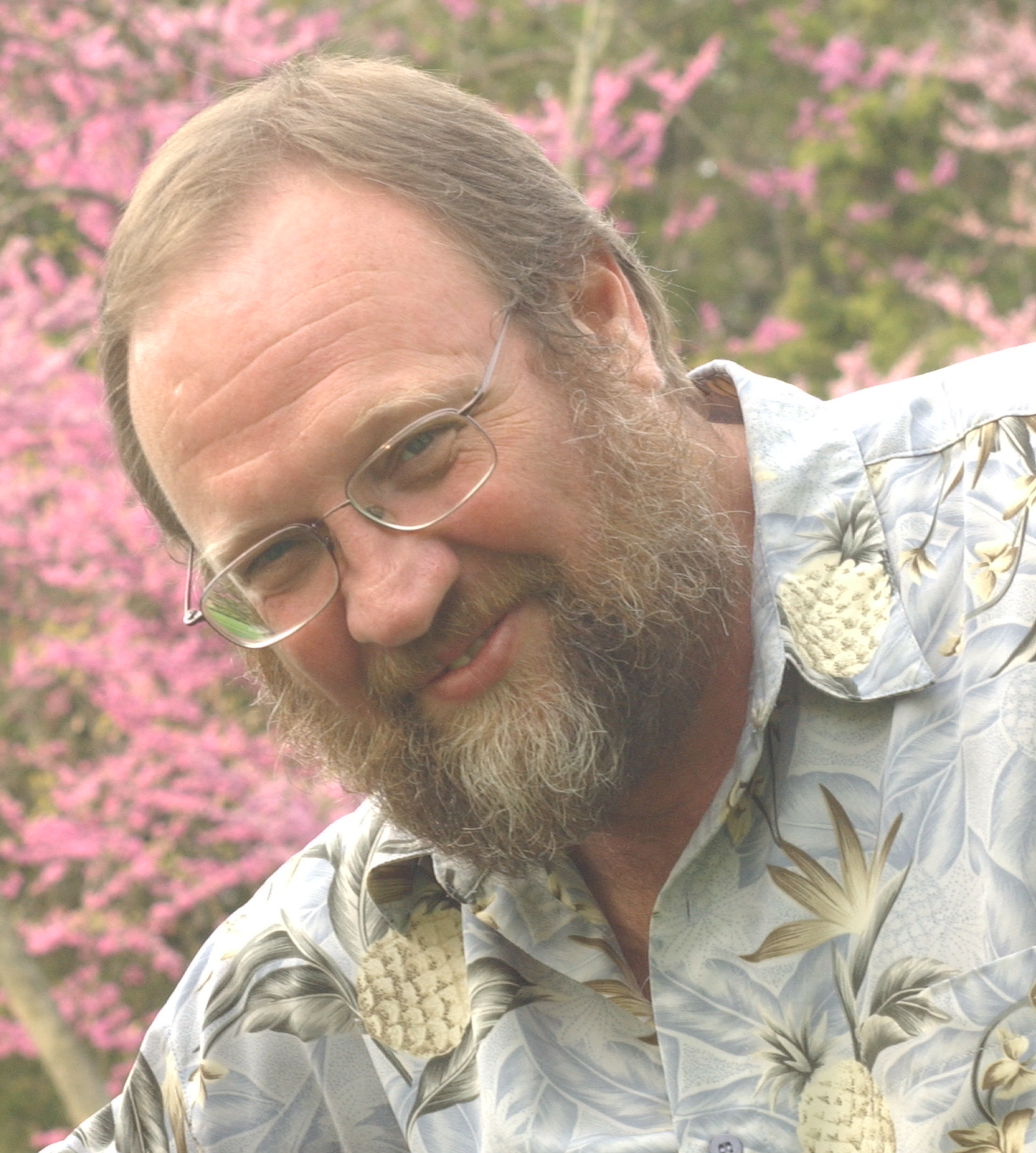Thesis #18 - Future human well-being, and possibly even simple human survival, will depend on learning to substitute more nonviolent and creative manifestations of the individual and social defense mechanisms against the anxiety provoked by the religiously/culturally Dissimilar Other for the more destructive manifestations we have habitually employed.
Thesis #17 - Modern human beings, simply because we are becoming more consciously aware of the processes of socialization, group dynamics and psychological functioning, are already more likely in the first place to suspicion the fictional character of their cultural/religious narratives than those of previous generations.
Thesis #16 - Hence, culturally/religiously Dissimilar Others may be a creative source for helping us widen and enhance our own vision; or, they may be encountered, in the most literal sense, as mortal enemies.
People who do not share in the basic assumptions of our cultural/religious narrative are a big problem, since by their very existence they cast doubt on the transcending and absolute certainty of our truth (revealing to us its essentially fictional nature) and thus expose us again to the repressed anxiety our fictions function to allay in the first place.
Thesis #14 - There is power in numbers for sustaining the transcending plausibility and viability of any particular dominant cultural narrative. The more you rub shoulders only with people who believe the same cultural narrative you do, the more plausible that narrative becomes.
Broadly socialized allegiance to the dominant cultural narrative is a strong force for sanctioning social conformity (this why all religions essentially equate "good citizenship" with God's Will, etc.) But even the rebel or the criminal (sinner) must assume the essential transcendent power of the dominant cultural/religious myth in order for his/her deviance to itself have any meaning.
Thesis #12: In its most elemental form, all cultural narratives (mythologies) serve in some way to assure us that, individually and collectively, we are valuable actors in a worthy pageant of transcending and cosmic significance. This answers our strong desire for life to have eternal meaning and purpose (and so to symbolically assert that "death is conquered, death is not the final word.")
Thesis #11: Generally speaking, cultural narratives (narrative mythologies) are on one level fictional, since they promise something (immortality) which they cannot demonstrably deliver; however, when taken on faith, they are also potentially true in that each provides some functional easing of anxiety in the face of actual and symbolic threats. Human individual and social life without such cultural narratives would be unbearable and impossible.
hesis 10 – This urge for symbolic immortality is a key source of human creativity and life-affirming energies; it is the underlying function of human cultures, and especially religions, to serve as venues through which people achieve and maintain a sense of participation in symbolic immortality.
Thesis 10 – This urge for symbolic immortality is a key source of human creativity and life-affirming energies; it is the underlying function of human cultures, and especially religions, to serve as venues through which people achieve and maintain a sense of participation in symbolic immortality.
Thesis #9 – Perhaps the most significant and ubiquitous anxiety-compensatory move is to transfer the urge for continued living from the physical realm to the symbolic realm; the organismic urge for continued living becomes channeled into the urge for immortality in the symbolic realm.
We continue the presentation we began in the last column, here offering: Thesis #8 - The entire array of individual and collective defense mechanisms are regularly employed to maintain individual and social/cultural equanimity in reaction to actual threats of injury, death, and annihilation, and also in reaction to imaginative or symbolic threats of injury, death, and annihilation. Such defense mechanisms probably originated in, but certainly were strategically contoured in their contemporary form by the need for anxiety control in the face of mortality awareness. In short, our highly developed intelligence caused the anxiety problem in the first place, and also comes forth with at least the provisional solution to the anxiety problem.
Thesis #7: Just as there are individual defense mechanisms, likewise, there are collective defense mechanisms, habitual patterns of collective behavior aimed at defending against threats to established social formations. Each of these mechanisms may manifest itself in both creative and destructive forms.
Thesis #6 - There are defense mechanisms in individual psychology, habitual patterns of mental schemes and individual behaviors aimed at defending against potentially threatening, anxiety-provoking information. Each of these mechanisms may manifest itself in both creative and destructive forms.
Thesis #6 - There are defense mechanisms in individual psychology, habitual patterns of mental schemes and individual behaviors aimed at defending against potentially threatening, anxiety-provoking information. Each of these mechanisms may manifest itself in both creative and destructive forms.
Thesis #5 - Death fear refers to a response to concrete, actual and relatively immediate threats to life. Death anxiety refers to a more prolonged, smoldering response to the cognitive awareness of our vulnerable mortal condition. The heightened physical state of freeze/fight/flight condition in response to actual threat corresponds to death fear, whereas that same state brought on by imagination corresponds to death anxiety. Death fear calls forth active response and the heightened physical state is quelled by action. Death anxiety is potentially ubiquitous and the heightened physical state is quelled only by the regular employment of psychological defense mechanisms.
We continue the presentation we began in the last column, here offering: Thesis #4: Normally intelligent and socialized human beings come
In the last column, we began our discussion of Thesis #3. Just as a reminder, Thesis #3 states: Thesis #3: Human beings
Thesis #3: Human beings have the intelligence to think abstractly, and to use symbols (esp. complex language, which eventually allows a human person to think of himself/herself in the third person.) This is in essence what sets human psychology apart from animal psychology.
Thesis #2 - Human beings share completely in the evolution of species, and much of human psychology, emotions and social life, as well as basic physical and nervous makeup, reflect that shared animal heritage.
I want to present in thesis during the coming months the ideas I have been honing for many years now, which I have called a “Theory of Generative Death Anxiety.” Aside from the many theologians I have studied (among whom Paul Tillich deserves special mention) this theory draws heavily on ideas of Otto Rank, Robert J. Lifton, Rollo May, Terror Management Theory in social psychology, and most especially on the ideas of Ernest Becker, to whom I was introduced while in seminary and to whose work I have devoted the lion’s share of my scholarly work.
Hello again! In the first installment of this column I wrote a bit about my Mennonite background and the impact it has had on me to live a good part of my young adulthood in Communist Hungary and Socialist Austria. Coming back to America in the last couple years of the Reagan Administration was a real shocker for me, and in many ways I am still adjusting to the changes that took place during those few years.
I am very pleased to have the opportunity to contribute of The Progressive Christian website. I will do my best to uphold the standards already set by other columnists before me, whom I follow regularly. For this first contribution, I want to introduce myself and give you, the readers, a sense of where I am coming from.


